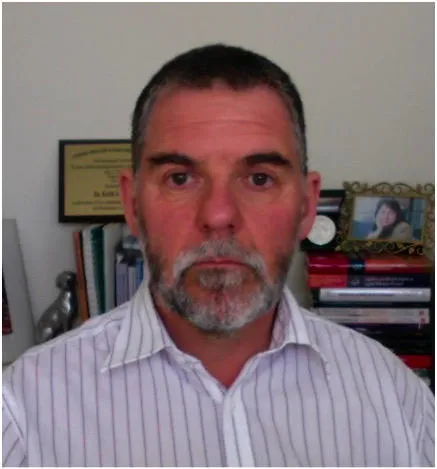Please note: this event has passed
Please register by clicking on the ONLINE link at the top of this page. A teams link will be sent to you a few days before the event.
As a professional science educator, I have put a high priority on teaching for understanding. I always wanted my students to make good sense of the concepts being taught (be that force, bond, or later in my career, idiographic research). And despite having a healthy scepticism for the notion of canonical accounts of science (and even more so for any expectation that curriculum specifications could match such ideals), I have also seen objective understanding as the teacher's prior concern. It is good if Alice feels that she understands nucleophilic substitution, but ultimately she needs to be able to demonstrate that she can apply the idea in a way that matches an examiner's expectations.
Recently I have been paying attention to the wide range of devices used by science communicators (scientists, popular science authors, journalists) to explain unfamiliar scientific ideas. In science teaching the familiarisation step (for example, perhaps referring to the nucleus of a cell as its brain), is seen as the starting point for developing a scientifically acceptable understanding. Subjective understanding - that is, feeling 'that makes sense' - is important, but not sufficient. But should that also apply to public science communication outside of education?
This talk will present a range of examples of scientific ideas being introduced in these informal learning contexts - posing the question of what sense are readers/listeners meant to make of them; and the broader question of whether subjective understanding should be a sufficient target outcome in these cases.

About the speaker
Keith Taber is Emeritus Professor of Science Education at the University of Cambridge. He trained as a teacher of chemistry and physics, before teaching in secondary comprehensive schools and further education. He joined Homerton College and the Faculty of Education at Cambridge near the end of the last millennium. During two decades at Cambridge, he supervised graduate student research projects - mostly related to science education. His teaching shifted from being primarily in initial teacher preparation to teaching educational research methods to a diverse population of graduate students. Health concerns led to retirement in 2020. Professor Taber's research has largely related to aspects of science learning. He has edited the journal Chemistry Education Research and Practice, acted as book reviews editor for Studies in Science Education, been an RSC Teacher Fellow, and has been awarded the RSC's Education Prize.
This event was part of the CRESTEM Seminar Series.
